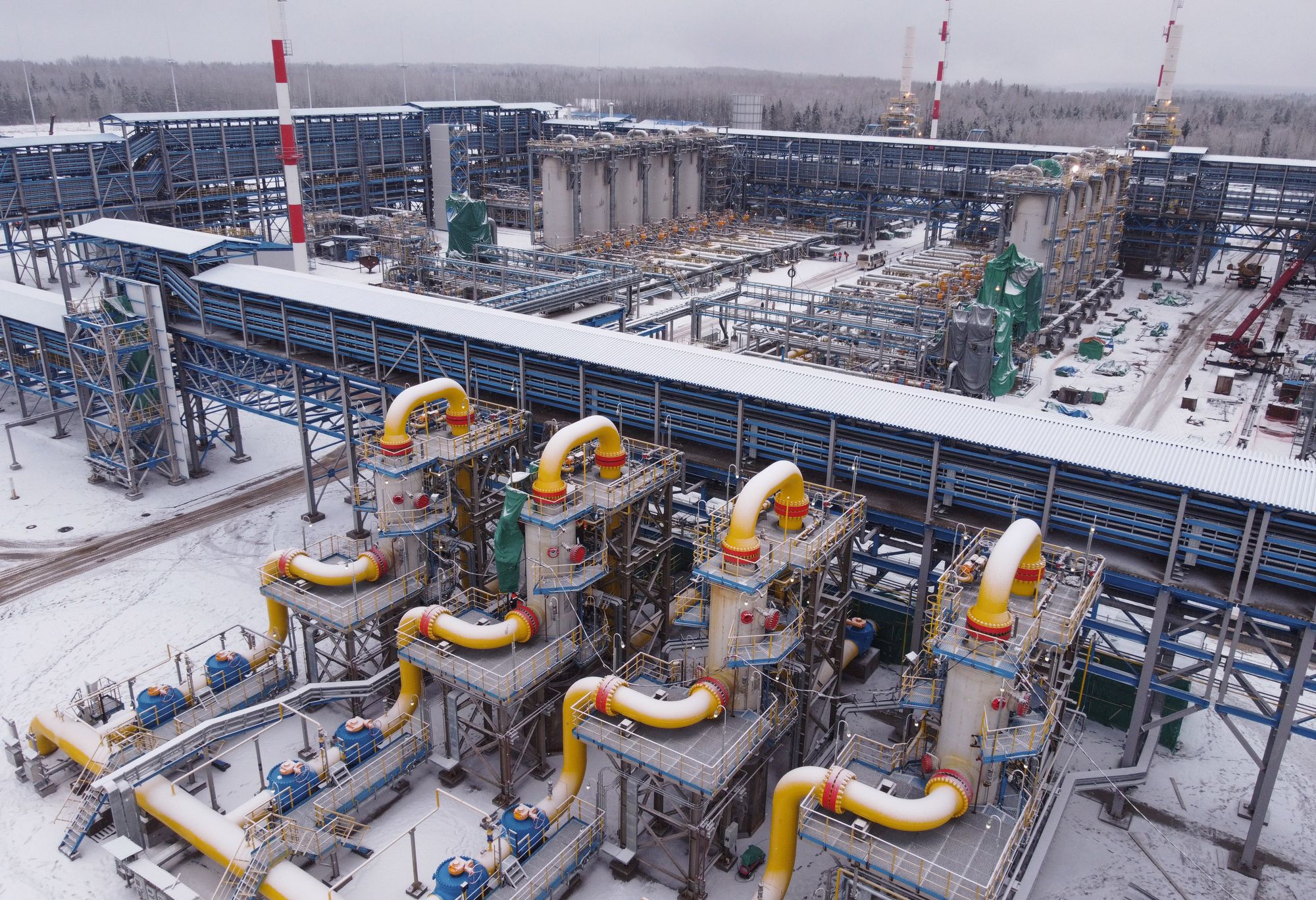Energy minister rules out deals on transiting Russian gas through Ukraine

Energy Minister Herman Halushchenko ruled out any commercial deals that would allow Russian gas to flow through Ukraine after the current contract expires. Halushchenko made the comment in an interview with Bloomberg on March 5.
Kyiv and the EU have previously said they would not seek the prolongation of the transit deal for Russian gas, signed in 2019 and currently set to expire in December 2024.
Despite efforts by European countries to reduce dependency on Russia's gas, Russian supplies remain an important part of the EU's imports. Some traders voiced hope that the transit via Ukraine would continue past 2024 on the basis of private deals.
"I don't see the possibility," Halushchenko told Bloomberg at the International Atomic Energy Agency in Vienna.
"There are not any possible solutions on the table."
Rather than buying Russian gas, Halushchenko suggested that European countries should store fuel in Ukraine's reservoirs, offering 15 billion cubic meters of gas storage.
Russia cut much of its pipeline gas transit to Europe in 2022, but countries like Austria, Hungary, and Slovakia remain heavily reliant on Russian imports.
The EU is also discussing ways to limit imports of Russia's liquified natural gas (LNG) after some members bought record amounts of Russian LNG last year.












